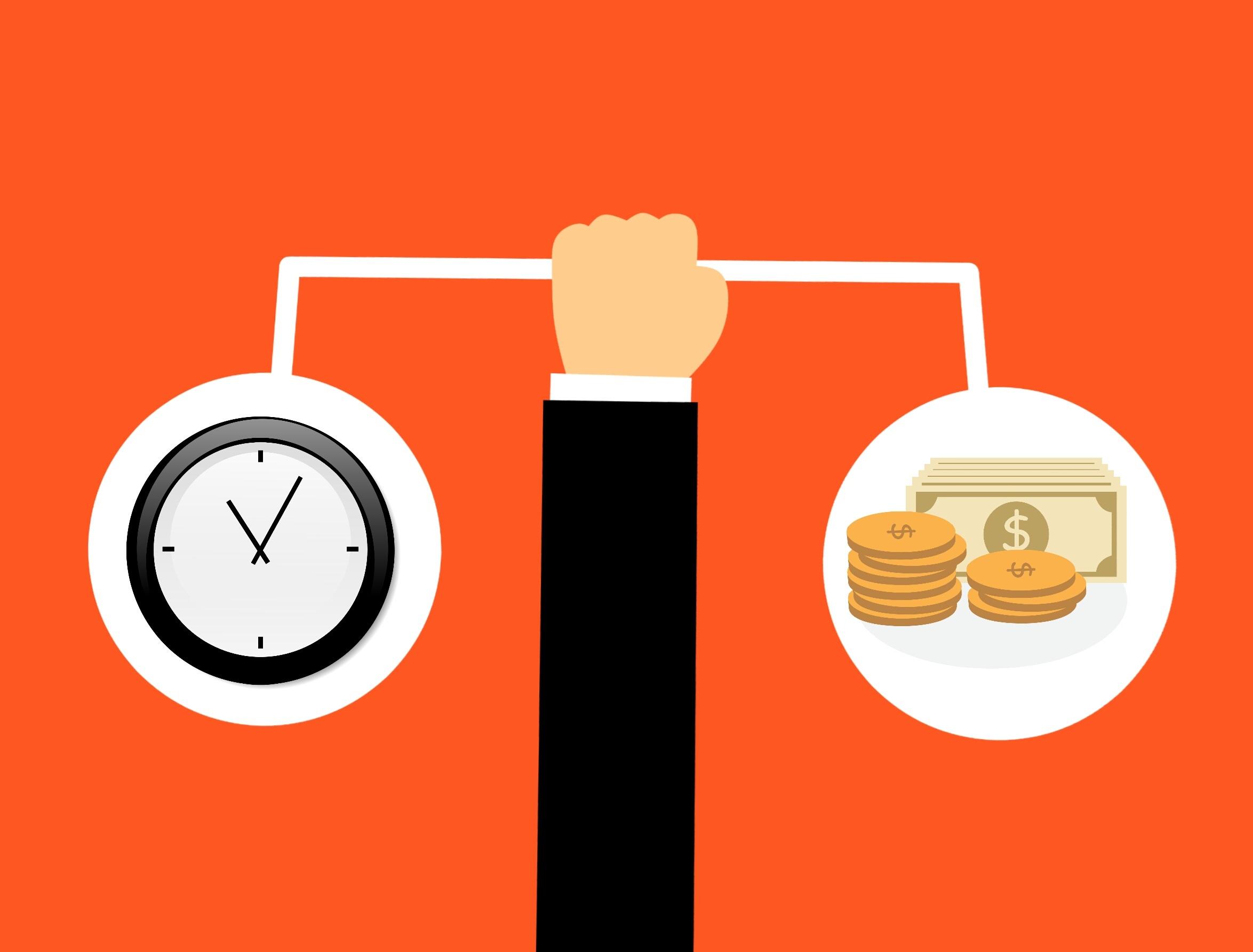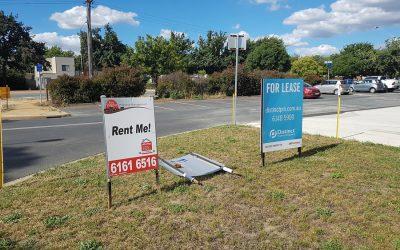
New year, new you? Not for most people.
But try this simple resolution to actually move the needle on building wealth and passive income faster.
Here are 3 basic and most important steps to achieve F.IR.E or get your financial life in order in 2021.
Video Broadcast Version
Audio Podcast Version
Also available on iTunes, Stitcher, and wherever else you listen 🙂

Deni Supplee: Hello, everybody, and welcome, welcome to Spark Rental’s weekly Facebook broadcast and podcast. And please let us know where you are tuning in from. Throw anything you have questions about in the chat. Happy New Year. You could tell us. Happy New Year. Merry Christmas. Thank you, Christina. Thank you. Merry Christmas to you, too. And Happy New Year. Last week we talked about a last minute gift, ideas for real estate investors. And this week, Brian is going to talk a whole lot about a resolution to build wealth faster and how to track three numbers each month. And I’m not a fan of resolutions, but if I’m going to do resolutions, this is going to be what I’m going to do. So with that, Brian, tell us. Tell us.The resolution that that is probably better than all the other ones.
Brian Davis: Happy New Year, Tara. Merry Christmas, Christina. You know, resolutions, it’s easy to get kind of jaded and bitter and cynical about resolutions. You go to the gym in January every year and it’s overflowing with people for the first few weeks. And then, you know, by the end of January, it’s cleared right back out to the normal, the normal regulars in there. But, you know, I really love this one resolution that we’re going to share with you today. It’s something that takes between five and 10 minutes a month, does not take a lot of time, but it makes a huge difference in how you think about money, about building wealth, building passive income. So without further ado, we’re going to jump right in. So what you want to do is every single month you want to track three different financial metrics. And these are very simple. You don’t need, you know, a CPA or anything to be able to put these together. So the first is simply your savings rate savings rate is the percentage of your income that you put towards savings.
Brian Davis: Now, that could be either towards paying down unsecured debts. It could be putting into an actual savings account. It could be putting towards your retirement accounts or putting towards investments like rental properties or whatever, but the percentage of your income that you put towards savings rather than spending. And we do have a link where you can learn more about savings rate if you’re interested, and then he will share that in the comments. But very simple, very easy. Just the percentage of your income that you put towards savings.
Deni Supplee: Can I just interject? I was talking to somebody recently and a lot of people learned a big lesson about not savings with this whole pandemic hitting. And it’s so important to have a cushion and beyond, but at least a cushion anyway.
Brian Davis: No question. And, you know, real estate owners in particular, you know, both homeowners and real estate investors do need a larger cash cushion than most people because you have unexpected or irregular expenses as a property owner. So things like fixing a roof, right. Putting a new roof on your property or the furnace goes out or the air conditioning condenser goes out, you know, or a million other things that can go wrong on your property that suddenly can hit you with a two or three, four or five thousand dollar bill or even more. So you need to have a thicker cash cushion as a property owner. Again, both homeowners and real estate investors, every property you own, you need to have money set aside for those repairs. All right. Off the off the high horse
Brian Davis: Second metric you should track every month is your investible net worth. So net worth, as you probably know, is just a sum of all of your assets, minus your total liabilities, your debts. Now, when we talk about investible net worth, we actually exclude equity in your primary residence from that because that’s not investible. The only way to realize that money is to sell your property, but until you sell it, you can’t actually invest that money to go out and compound for you. So I, I use this I track this automatically through Mint.com and then you can share a link to them. But it is as simple as Mint.com. So, you know, you just connect your account to all of your other financial accounts, such as your bank accounts, and it will just automatically update your balances and you can connect it to your brokerage accounts as well. You know, I’ve got my my Schwab brokerage account connected through there. And, of course, you can track your real estate investments in there as well.
Deni Supplee: It’s free, right? Yeah, yeah.
Brian Davis: It’s absolutely free. I mean, they’ll try to pitch you affiliated products and stuff, of course. But, you know, that’s that’s the price of free, so. Yeah, so investible networth, second metrick, you want to track every month, and it does make a difference being able to watch your networth grow every month that you put more savings towards it, right? I mean, it makes it more concrete, more tangible. You know why you’re going out and forgoing that new jacket that you want or not going out to dinner all the time like you want as you wash your wealth, grow before your eyes every single month. So there’s a psychological element here as well. Absolutely.
Brian Davis: Finally, the third number that you want to track every single month is your fire ratio. That is an unfamiliar term for most people, but it’s actually really simple. It’s simply the percentage of your living expenses that you can cover with your passive income from investments. So easy example. Let’s say that you live on $5.000,00 a month. You know, that’s your your living expenses total each month. If you have $1.000,00 in passive income from your investments, such as your rental properties or, you know, ETFs that pay dividends or whatever, if you have $1.000,00 in passive income, then you have a 20% fire ratio. You know, you can cover $1.000,00 of your $5.000,00 living expenses with your passive income. So super, super simple. You know, the name scares people off, but it’s actually a really simple measurement. And when you get to 100% fire ratio, that means that you can retire if you want. You have reached financial independence. You can live entirely on your investment income, on your passive income from your rental properties and other investments
Deni Supplee: You can design your life the way you want it do exactly what you want with your time.
rian Davis: Right. So, you know, if you love your job, you can keep doing it, of course, or you can go find another job that is maybe lower pay, but a lot more fun, a lot more meaningful. So you can go volunteer full time, travel the world full time. You can do whatever you want with the rest of your life when you reach 100% fire ratio, when you reach financial independence. So tracking those three numbers, those three numbers are what will move the needle for you and your wealth, your savings rate, because that’s where all of your wealth comes from, your investable net worth and your fire ratio.
Brian Davis: So super simple, super easy. It takes five minutes a month, 10 tops, especially if you track your your net worth automatically with Mint.com. So it makes your progress towards financial independence. Your progress towards building wealth makes it much more tangible, much more concrete, and it makes it rewarding, not blowing your budget on, you know, the latest gadget or whatever.
Deni Supplee: And just, I know we’ve talked about this before, to make sure that you put your goals like what is your design life look like and get that written down and in front of you, because that helps it when it’s harder. You know, when you have a month where you’re not buying Starbucks or whatever.
Brian Davis: Yeah, and especially when we’re talking about these these long term goals that take years to reach. I mean, no one no one’s going to reach financial independence in under a year. Right. I mean, it takes at a bare minimum, five years, 10 years. I mean, most people spend 40 to 50 years in their career building their nest egg. But, you know, even in the fast lane, you know, like where we try to teach here, you know, you’re still looking at five to 10 years in order to reach financial independence. By the way, Edwin Torres is Happy New Year to all. Happy New Year to you, Edwin.
Deni Supplee: Absolutely. Cristina is asking, what if we like to live comfortably?
Brian Davis: Well, you know, I like to live comfortably, too. And my answer to you is to find ways to hack your expenses. The best example of that is house hacking, where you you live for free. You get other people to pay for your housing. Denny househack you know, almost all of her mortgage payments covered. I hossack we get free housing through my wife’s job. There’s a million ways to househack from buying a multi-family and moving into one unit and renting out the others to housemates to Denny. Denny brought in a foreign exchange student and the stipend covers a big chunk of her mortgage.
Brian Davis: There you go. OK. Christina says she househack as well.
Deni Supplee: Oh, nice. Yeah.
Brian Davis: I mean, so I mean, Katie and I live overseas where cost of living is a lot lower. We actually intentionally chose a place to move where we can live without a car. So we actually you know, when we were living in the US, we each had a car and then we moved overseas originally and we shared a car. And then in our latest move, we got rid of we don’t have any car at all. So, you know, you want to find these these big, you know, high return tactics that you can do to really cover or reduce those big expenses, because the the top three expenses, housing, transportation and food, they eat up around two thirds of the average American’s budget. If you look at the the numbers from who is it that releases them every year? I can’t remember which government agency, but Christina says, but I don’t I don’t live in my multi family.
Brian Davis: Well, I hear, you know, there are ways to househack a single family, too. And we have an article on our blog with 10 Ways to househack, including most of those apply to single family homes as well. If I want to check those out. I mean, Denny has done stuff like running it out, storage space, rented out her her detached garage, and you can rent out parking for, you know, boats and trailers and all that stuff. If you have room for I mean, there’s a lot of ways you can househack you can create an a basement apartment or an above garage apartment and an ADU on your property. So, yeah, get creative with it or move overseas like I did. And one perk of that is you have much lower taxes. I mean, I don’t have to pay much in U.S. income taxes, so. All right, so we have a drawing, we have a giveaway.
Deni Supplee: Oh, that’s right. That’s right, we do. So we are this is our last of the two prop stream giveaways and we’re going to choose one now. So blindly looking, not looking blindly, not looking
Brian Davis: As a reminder. So we’re giving away a one year full membership to prop stream, which charges about a hundred bucks a month. So it’s a roughly twelve hundred dollar prize that we’re giving away. And prop stream, if you have not heard us talk about it before, it’s one of the best software services out there for real estate investors. Helps you find off market deals, things like pre foreclosures or couples who are going through a divorce, tax liens, judgments, all that stuff. So, you know, distressed sellers, basically. So you can go in and make an offer. But these are properties that are not listed on the MLS. So which is really where the good deals are. Right. We are getting away from the MLS hard to find good deals nowadays on the MLS. All right. All right. Drum roll. Who’s who’s the big winner?
Brian Davis: I can’t pronounce this name as Jai Chandler. All right, well, congratulations.
Deni Supplee: So if you’re listening, send your email to support at sparkrental.com and we will get that out to you. So thank you everybody who participated and hopefully we’ll do this again soon.
Brian Davis: Absolutely. Well, you know, as always, stay in touch with us throughout the week. Let us know what you’d like us to talk about next week. We always want to keep this as relevant as possible for you guys. This is not just us up here jawing, at least hopefully it’s not supposed to be that, you know, we want to keep this about whatever it is that is most important for you. So let us know what topics you’d like us to cover in the coming weeks and have a better 2021 than 2020. All right, guys, have a great year
Deni Supplee: Bye.























